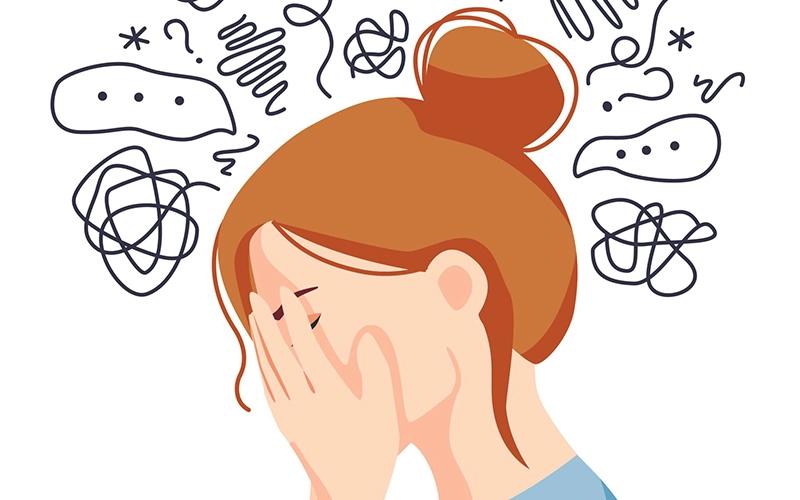Understanding Emotion Regulation and Its Importance
Emotion regulation refers to the process through which individuals influence the emotions they experience, how they feel and express them, and how long these emotions last. It plays a key role in mental health, stress management, and overall emotional well-being. Whether you are aware of it or not, you regulate your emotions every day—whether it’s calming yourself down after a stressful moment, boosting your mood when you feel down, or keeping yourself from expressing anger in a conflict.
Reappraisal: Shaping Emotions through Thought
One of the primary ways people regulate their emotions is through reappraisal. Reappraisal involves changing the way you think about a situation in order to change its emotional impact. For example, if a friend cancels plans, instead of feeling disappointed, you might reframe the situation by thinking, "Now I have more time to relax or do something else productive." Reappraisal is a proactive way to shift emotional responses, allowing you to stay positive and manage negative emotions before they overwhelm you.
This technique is effective in reducing stress, fostering resilience, and promoting positive emotional health. Individuals who are skilled at reappraisal can navigate difficult situations with more balance, experiencing less frustration, anger, or sadness in everyday challenges.
Suppression: Holding Emotions In Check
Suppression, on the other hand, refers to keeping emotions in check by not expressing them. It can be useful in situations where expressing emotions might not be appropriate or productive, such as staying composed during a stressful work meeting or when dealing with a conflict calmly instead of reacting emotionally.
However, excessive reliance on suppression can lead to emotional build-up over time. Regularly bottling up emotions might make them harder to manage in the long run and could negatively impact relationships or mental well-being. Striking a balance between expressing emotions and knowing when to suppress them is key to maintaining healthy emotion regulation.
The Impact of Emotion Regulation on Mental Health
Effective emotion regulation is directly linked to better mental health. Individuals who can skillfully regulate their emotions tend to experience less anxiety, depression, and emotional distress. They are also better equipped to handle stress and navigate social relationships smoothly. On the other hand, those who struggle with emotion regulation may experience emotional overwhelm, mood swings, or difficulty managing stress.
Developing emotion regulation skills can help prevent emotional burnout and promote resilience, allowing individuals to face challenges with greater ease. Whether it’s through learning new coping strategies like mindfulness, reappraisal, or finding healthier outlets for emotions, improving emotion regulation enhances overall well-being.
How to Improve Your Emotion Regulation
If you’re looking to improve your emotional regulation, the first step is awareness. Start by noticing how you typically react in stressful situations. Do you suppress your feelings or try to shift your perspective? You can enhance your ability to manage emotions by:
- Practicing Reappraisal: Try reframing negative situations to view them in a more positive or neutral light. This can be as simple as finding a silver lining in a challenging moment.
- Balancing Suppression and Expression: Learn to identify when it's best to express your feelings and when holding them back may be beneficial, but avoid long-term suppression.
- Mindfulness and Relaxation Techniques: Practices like deep breathing, meditation, or journaling can help you process emotions more effectively and regulate stress.
Invitation to Learn More about Emotion Regulation
Emotion regulation is a skill that everyone can develop and refine. It influences your ability to cope with stress, maintain emotional balance, and build strong relationships. Whether you feel that you struggle with emotional control or are looking to enhance your emotional intelligence, gaining insight into your emotional regulation strategies can be a powerful step toward improved mental health and well-being.



